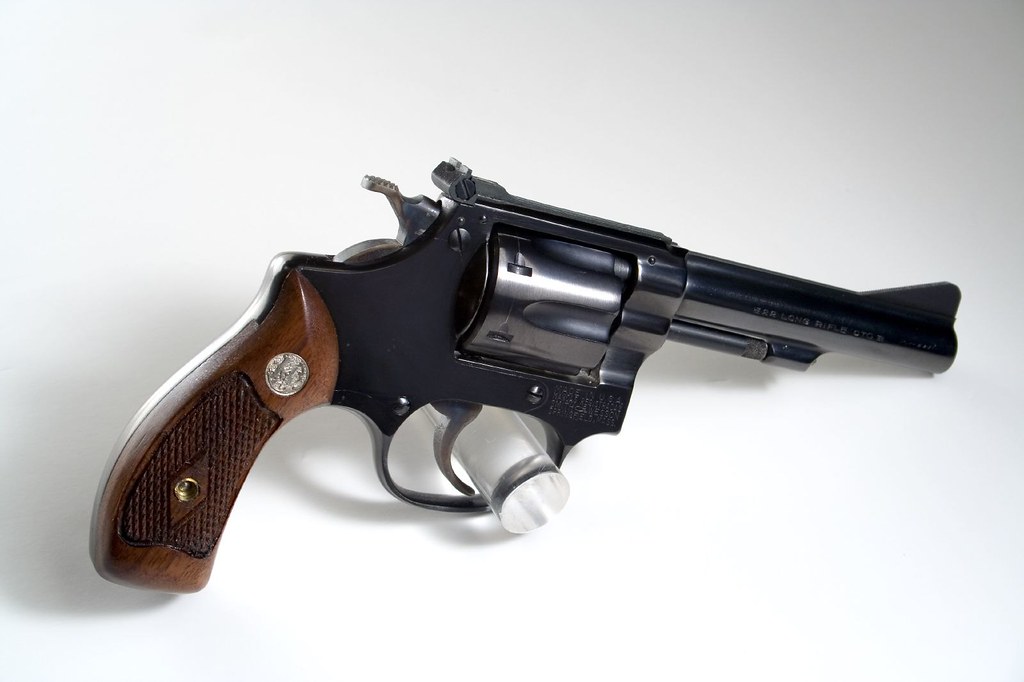I believe that guns are tools made for the explicit purpose of killing.
I think that sometimes, unfortunately, killing is necessary.
I think that even when necessary, killing is morally fraught and not to be entered into lightly.
I think the act of owning a gun is a signal to the world you have determined you can trustworthily decide when killing is correct. I think that’s … kind of extraordinary. I think I do not possess that sensibility myself.
I think that even if I wanted to make gun ownership illegal, it would be impossible to do, politically, in America.
I think I grew up in Kansas, around good people who possessed guns safely and with respect for life.
I think I lived eight years in Philadelphia, around good people who feared for their lives because of guns.
So.
I think that firearms education - like the hunter safety classes of my Kansas youth - should be available wherever access to guns is available.
Which is to say, just about everywhere.
I think that the right to bear arms is not completely unfettered, because no right is.
I think part of the anguish about the gun debate, on one side, is a fear that government is going to come and take everybody’s guns away.
I think part of the anguish about the gun debate, on the other side, is that that fear seems to block even modest and incremental regulations that might create more safety for Americans at large.
I think, for example, that there are many obstacles to passing laws that require owners to report missing and stolen guns. Even though this seems to be the very essence of responsible gun ownership, and even though one study indicates eight in 10 gun crimes are committed using guns that were illegally possessed by somebody other than the other.
I think one could pass a law like that, make America a little safer, and nobody’s legitimately obtained gun would’ve been seized by the government. So I think I don’t understand why the opposition to something like that is reasonable.
I think that mass killings like the one in Las Vegas weirdly work for the NRA types, because they can challenge any reasonable regulation offered afterward with: “How does this stop (insert mass killing here)?”
And I think a sufficient answer should be: “We don’t know that it would. But here’s the reasoning this regulation might reduce killings overall.”
I think people who offer such regulations should be prepared to discuss that reasoning in detail.
Finally, I think the NRA is not magic. They spend a lot, yes, but not infinitely on lobbying and political contributions. They’re effective because they have a committed constituency - one, by the way, that isn’t necessarily reflective of the broader gun-owning population. The NRA wins because the NRA’s membership cares more than you do. They’re working even when gun regulations aren’t a top-line issue in our societal debate. They stay committed even during the fallow times. So if you want to do something, you are going to have to care more and organize your friends to care more.
I think that will be hard.
I think, ultimately, there’s room in this country for both gun ownership and a smarter regime of gun regulation.
But I think I don’t know if we’ll ever see it.

.png/revision/latest?cb=20130323184238)


